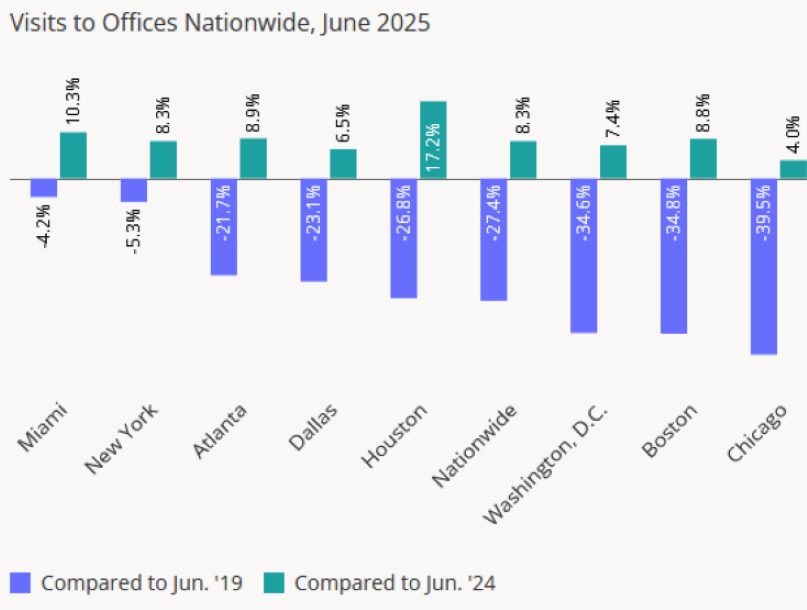Investment Column: Accredited Investor Definition in Flux
By Bryan Hancock, Co-Founder & CEO, RealStarter: How will the SEC's recent recommendations regarding the accredited investor definition affect real estate investment decisions?
By Bryan Hancock, Co-Founder, RealStarter
 Just prior to the 2015 holiday season, the Securities and Exchange Commission put out a staff report recommending modifications to the accredited investor definition following a requirement to study the definition under the Dodd-Frank Act. From the release, it appears that the work of several groups that have lobbied the SEC has positively influenced its thought process. The recent staff recommendations appear to allow more investors in projects and for those investors to have the financial sophistication to understand the risks for a given project—policies that real estate investors and developers should favor. The recommendations would also partially limit the amount certain investors can contribute.
Just prior to the 2015 holiday season, the Securities and Exchange Commission put out a staff report recommending modifications to the accredited investor definition following a requirement to study the definition under the Dodd-Frank Act. From the release, it appears that the work of several groups that have lobbied the SEC has positively influenced its thought process. The recent staff recommendations appear to allow more investors in projects and for those investors to have the financial sophistication to understand the risks for a given project—policies that real estate investors and developers should favor. The recommendations would also partially limit the amount certain investors can contribute.
Real estate investors and developers should take note of several key recommendations:
- Instead of increasing the threshold for income to $450,000 and the net worth requirement to $2.5 million, the SEC recommended keeping the current income and net worth thresholds as is while adjusting them for inflation going forward.
- Spousal equivalents would be permitted to pool their finances to qualify as accredited investors.
- Issuers’ existing investors would be grandfathered in with respect to future offerings of their securities.
Perhaps the most intriguing part of the recommendations regards the definition of an accredited investor based on sophistication. Instead of using the blunt instruments of income or net worth to qualify as an accredited investor, one would be able to use their investing experience, professional credentials or performance on standardized tests to qualify. Anyone that has passed the Series 7, 65 or 82 exams would qualify as accredited. Making 10 or more investments in private transactions in any capacity would also qualify an individual, regardless of whether or not the investment was made with one’s own money.
There is also discussion of creating a separate exam to qualify as an accredited investor. The proposal is to create a new tier of investor that has a qualified amount they could invest in unregistered offerings, which seems to fit with the new Title III rules. If you’re an accredited investor by virtue of the old definition of $1 million in net worth, excluding your primary residence, or $200,000 in income ($300,000 with your spouse), you’d be able to invest as much as 10 percent of your income or net worth, whichever you use to qualify. There would then be a new threshold of $500,000 in income or $2.5 million in net worth ($750,000 and $2.5 million with spouse) to remove the 10 percent limit and invest an unlimited amount in a given offering. These numbers would be indexed annually.
Real estate developers and investors should keep these recommendations in mind as they consider projects going into 2016.







You must be logged in to post a comment.